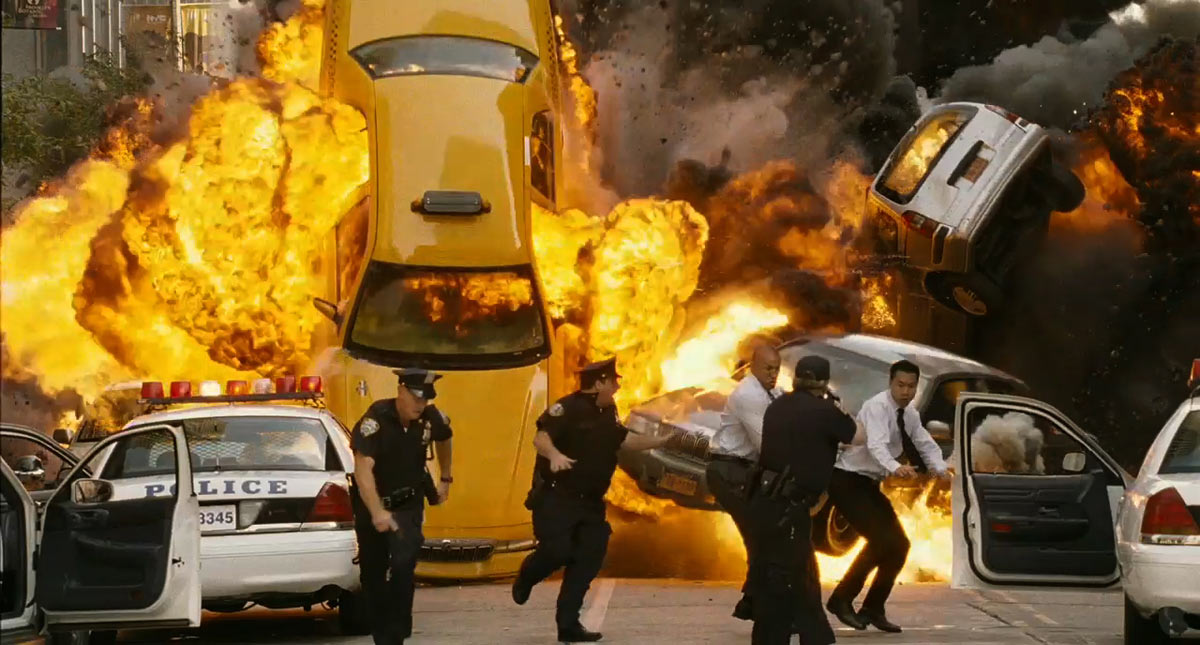
When Dennis Lehane says any good story must have depth of language, what does he mean by that?
In a 2003 interview, he had this to say about the language of a story:
I say to my students right off the bat, if there’s not depth of language, if you don’t bring some sort of music to your prose, if that isn’t something you can put on the table, then please go do something else because it’s the only thing that separates literature from any other art form. That’s it. That’s all we’ve got left. Hollywood can beat us in the car chases and the explosions and the high drama.
So what does that mean to the aspiring writer? What is depth of language? What does it mean to bring music to your prose?
A few years ago I entered my first manuscript in a writing contest. I didn’t win anything, but I did get some useful comments, and one, in particular, stood out: “This manuscript does not have attributes of style that help sell a book. There’s no flash of unique and brilliant observation, no fresh and amazingly apt figures of speech, no wit in conversation, no sparkle in the prose. It is, however, good, smooth, intelligent writing.”
At the time, I felt that my writing was good, smooth, and intelligent, but I also knew that it lacked style. How was I going to develop a style? The person who critiqued my manuscript had just given me a place to start. I needed to add unique observations (see depth of insight), fresh and apt figures of speech, witty dialogue and internal monologue, and words and turns of phrase that would make the prose sparkle. And all this would eventually add up to a writing style that I could call my own.
How does one do this? By reading a lot and writing a lot. Read those authors whom you admire and want to emulate, and adopt elements of their style. Write, write and write some more, and eventually your style will emerge through your word choices and syntax (the order in which you place your words). Listen to what you write. Read it out loud and pay attention to the cadence and flow of the passage, and your ears will tell you what sparkles and what doesn’t.
Seeing how this is the final installment of the Four D’s series of posts, which was inspired by my workshop experience with Dennis Lehane, I’ll leave you with an excerpt from Mystic River that exemplifies language with depth:
Brendan Harris loved Katie Marcus, loved her like movie love, with an orchestra booming through his blood and flooding his ears. He loved her waking up, going to bed, loved her all day and every second in between. Brendan Harris would love Katie Marcus fat and ugly. He’d love her with bad skin and no breasts and thick fuzz on her upper lip. He’d love her toothless. He’d lover her bald.
Katie. The trill of her name sliding through his brain was enough to make Brendan feel like his limbs were filled with nitrous oxide, like he could walk on water and bench-press an eighteen-wheeler, toss it across the street when he was finished with it.
Brendan Harris loved everyone now because he loved Katie and Katie loved him. Brendan loved traffic and smog and the sound of jackhammers. He loved his worthless old man who hadn’t sent him a single birthday or Christmas card since he’d walked out on Brendan and his mother when Brendan was six. He loved Monday mornings, sitcoms that couldn’t make a retard laugh, and standing in line at the RMV. He even loved his job, though he wouldn’t be going in ever again.
Brendan was leaving this house tomorrow morning, leaving his mother, walking out that shabby door and down those cracked steps, up the great wide street with cars double parked all over the place and everyone sitting on their stoops, walking out like he was in a goddamned Springsteen song, and not the Nebraska-Ghost-of-Tom-Joad Springsteen, but the Born-to-Run-Two-Hearts-Are-Better-Than-One-Rosalita-(Won’t-You-Come-Out-Tonight) Bruce, the anthem Bruce. Yeah, an anthem; that’s what he’d be as he walked right down the middle of the asphalt whether bumpers rode the backs of his legs and horns honked, going right up that street and into the heart of Buckingham to take his Katie’s hand, and then they were leaving it all behind for good, hopping on that plane and going to Vegas and tying the knot, fingers entwined, Elvis reading from the Bible, asking if he took this woman, and Katie saying she took this man and then–then, forget about it, they were married and they were gone and they were never coming back, no way, just him and Katie and the rest of their lives lying open and clean before them like a lifeline scrubbed of the past, scrubbed of the world.
He looked around his bedroom. Clothes packed. American Express traveler’s checks packed. High-tops packed. Pictures of him and Katie packed. Portable CD player, CDs, toiletries packed.
Brendan lay back on his bed and pictured the moon of her face floating above him. He knew he’d never sleep. He was too keyed up. But he didn’t mind. He lay there, Katie floating and smiling, her eyes shining in the darkness behind his eyes.
Now, that is language with depth, prose that sparkle, and with that, the Four D’s series comes to an end.
